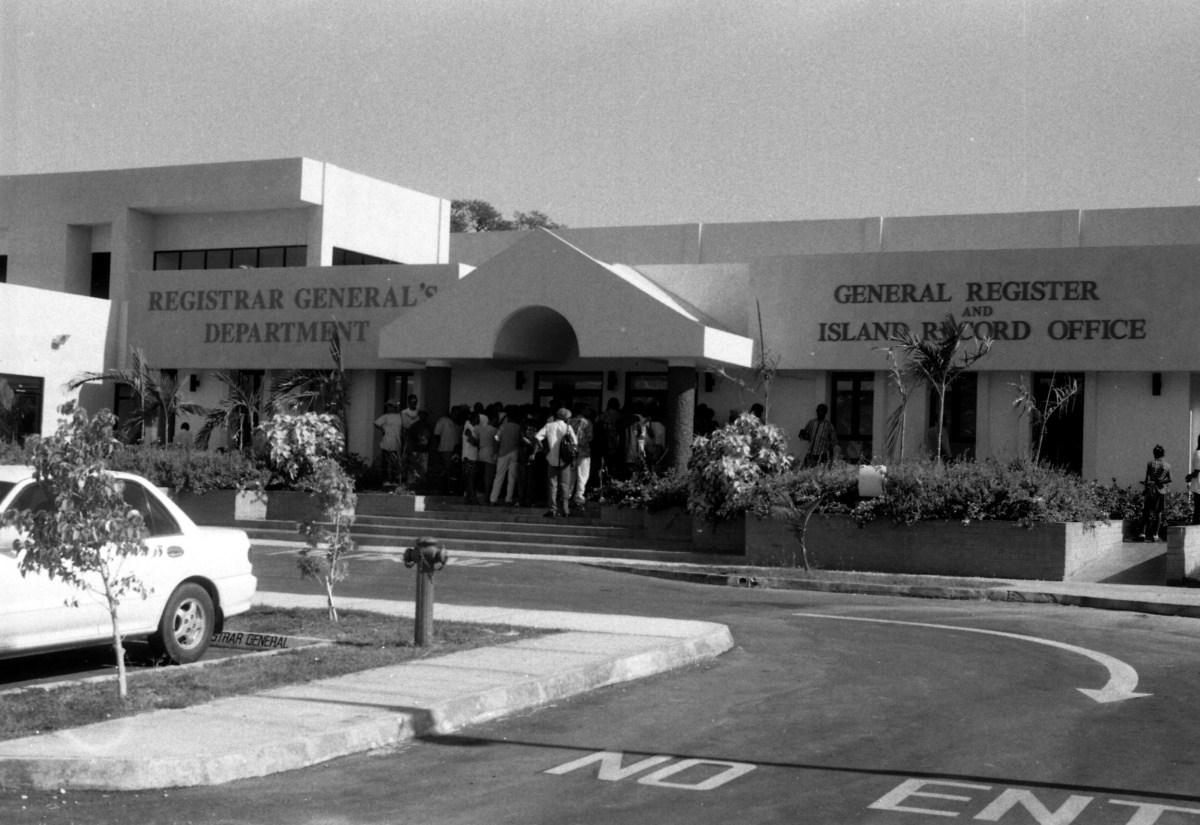RGD Encourages Jamaicans to Use Its Genealogy Research Facility
By: , May 12, 2015The Key Point:
The Facts
- The RGD has been conducting genealogy research through its Island Records Office since 1999 and has carried out over 2,000 researches since that time.
- Compulsory registration began in Jamaica in 1878, and included in the archives at the RGD are records such as sale of slave information, Henry Morgan’s will, Alexander Bustamante’s deed poll and other important documents.
The Full Story
The Registrar General’s Department (RGD) is encouraging Jamaicans at home and abroad to take advantage of its genealogy research facility, which is aimed at encouraging persons to trace the origins of their family history. The RGD has been conducting genealogy research through its Island Records Office since 1999 and has carried out over 2,000 researches since that time.
The Island Records Office has a record pool dating back to the 1600s and provides assistance to all individuals, professional researchers, such as genealogists and historians, students and ordinary Jamaicans carrying out historical and genealogy searches.
In an interview with JIS News, Production Manager at the RGD, Desmond Davis, explained that prior to mandatory registrations in Jamaica, the Church of England (Anglican Church) kept baptismal records and it is from this pool that the early records are drawn. Mr. Davis said that the information can be utilized in numerous ways.
“You can look at the death certificate of your relatives and see what they died from. From that you can determine if there are lifestyle issues in the family and will allow family members to be proactive. Bearing in mind that there are primary, secondary and tertiary causes of death, the research reveals information that would not otherwise be available, ” he said. “The cost of the research is $1500 per hour and people are encouraged to do at least three hours search for it to be meaningful,” Mr. Davis said.
He added that special arrangements can be made for university students to go in to the RGD and work on research projects.
Compulsory registration began in Jamaica in 1878, and included in the archives at the RGD are records such as sale of slave information, Henry Morgan’s will, Alexander Bustamante’s deed poll and other important documents.


